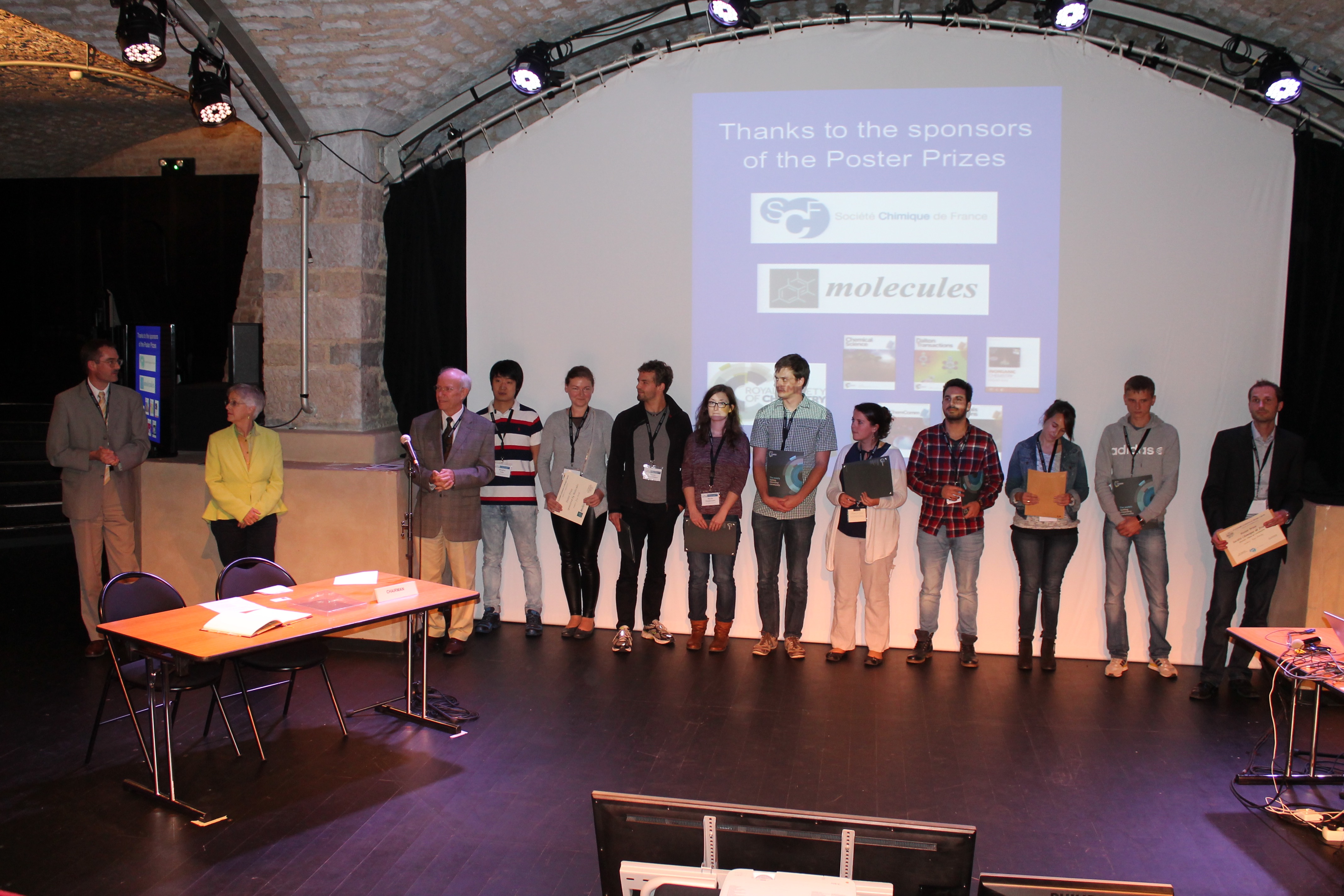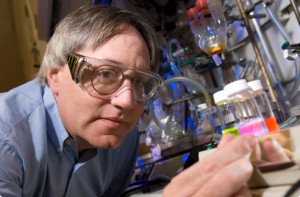Scientists in Japan have developed an adhesive that starts out as powder but transforms into glue for hard-to-reach places when pressed. This represents a promising application for liquid marble technology.
Liquid marbles are millimetre-sized liquid droplets that when coated in a hydrophobic powder, lose their wetness. Pressure-sensitive adhesives (PSAs) are viscoelastic polymers that instantly stick to solid surfaces through van der Waals forces. They are used in tapes, labels, post-it notes, spray droplets and adhesives, but PSAs’ sticky nature can make them difficult to handle. Combining these two technologies, Syuji Fujii and his team at the Osaka Institute of Technology in Japan and co-workers at the Max-Planck Institute for Polymer Research in Germany have developed liquid marbles made up of soft poly(n-butyl acrylate) latex polymer particles that form a tacky polymer core coated with a hard hydrophobic calcium carbonate nanoparticle shell. Initially, the marbles show no adhesive properties but by applying shear stress – light contact pressure between finger and thumb for 1–30 seconds – the powder’s nanoparticle layers rupture, allowing the soft inner polymer to ooze out, endowing the material with adhesive properties.
Interested? The full story can be read in Chemistry World.
The original article can be read below:
Pressure-sensitive adhesive powder
S Fujii et al, Mater. Horiz., 2016, Advance Article
DOI: 10.1039/C5MH00203F

















